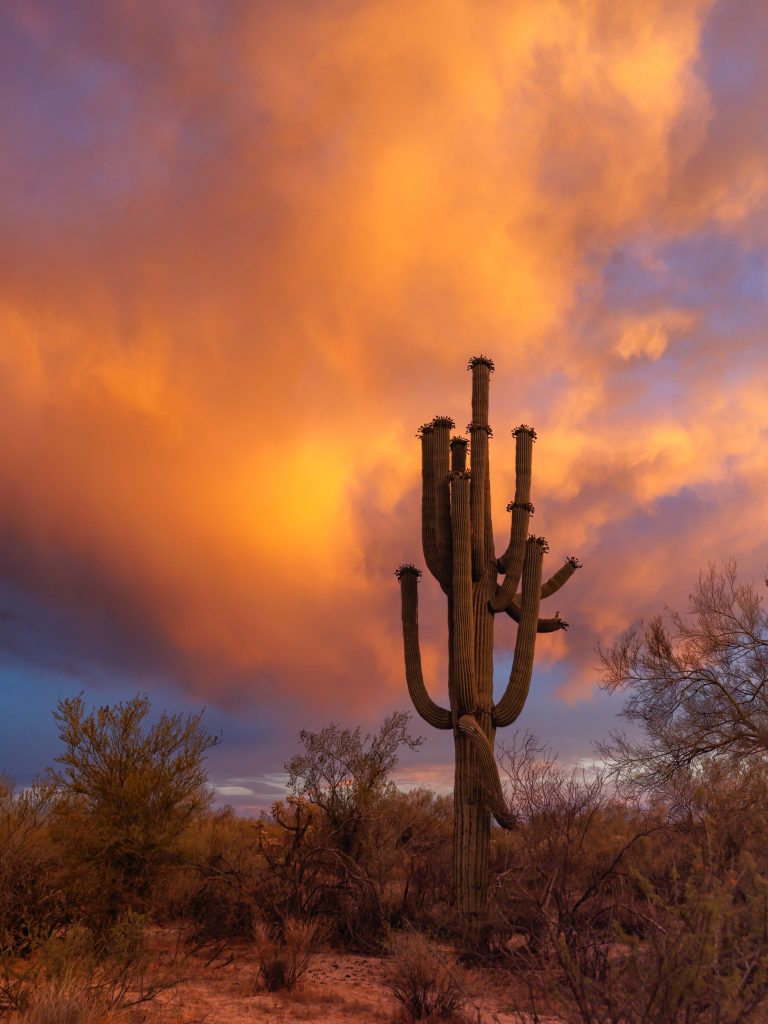Subscribe to the Newsletter
If you are interested in understanding how Traditional Chinese Medicine can improve your life sign up to my newsletter for the latest updates.

Damp-Heat in the Large Intestine doesn’t sound good does it? And you’re right, lets hope you don’t get it.
But you know people who have it, for sure, even if they keep quiet about it.
Actually, in its milder form it’s not too bad, and quite common. In fact, you’ve almost certainly had it yourself!
The Large Intestine is the last stage of your intestines, following on from the Small Intestine.
The large intestine organ starts in the right side of your abdomen, low-down. It rises upwards to a point under your right ribs, then traverses right across your abdomen to a similar point under your left ribs, then descends vertically but veers off towards the centre at the back, in front of your spine where it opens into your rectum, prior to opening to the outside at your anus.
Having said that, the Large Intestine (Capital Letters) is in Chinese medicine seen as having a wider remit than being just the end of the digestive tube starting in your mouth. It works with your Lungs and what affects the Lungs can affect it too, including emotions and respiratory conditions.
The path takes it through almost all parts of your abdomen and some diseases which are described in Western medicine as being located in the Small Intestine are in Chinese medicine located in the Large Intestine. Equally, some syndromes affecting the abdomen affect it.
You can’t easily equate disease syndromes in Chinese medicine with organ syndromes in Western medicine. It can cause confusion until you know which system of medicine you are using.
This, combined with emotions and stress, see below, is your problem.

Perhaps emotions make us human, but in excess, when they take over our lives, they can deeply affect our health.

Likewise, stress has a huge effect on our health.
Of lesser importance, but still relevant may be factors like the weather and the environment.
Damp causes heaviness, fullness, diarrhoea, and mucus in your stools.
Heat causes bleeding, thirstiness, concentrated urine and offensive smells, fever and burning pains.
In Chinese medicine, the protocol is to
Acupuncture and Chinese herbs have a long history of success. However, there is seldom a single treatment that suits everyone.
Both the acupuncture points and the herbal recipe need to be adjusted to your particular symptoms.
Some of the following are easier said than done:


Stay in Touch!
No spam, only notifications about new articles and updates.

Book a Video consultation if you want to know more about your symptoms

Why You get Nervous Stomach Anxiety and How to Handle It. Acupuncture has great ways to help.
Subscribe to the Newsletter
If you are interested in understanding how Traditional Chinese Medicine can improve your life sign up to my newsletter for the latest updates.
Subscribe to the Newsletter
If you are interested in understanding how Traditional Chinese Medicine can improve your life sign up to my newsletter for the latest updates.
5 Responses
Is cow milk more heating or more dampening than goat milk?
Possibly more so than goat’s milk, but it depends on your individual reaction, not theory.
My question was, does it creates more HEAT OR more DAMPNESS compared to goat milk?
In damp heat will it aggravate damp or heat?
Sorry not to have been clearer!
It is your body that produces the symptoms, not theory. For some, cow’s milk produces more phlegm than goat’s milk. For others, more heat or damp.
Theory is only a guide, a set of suggestions based on experience and thought leading to knowledge, but with food there’s nothing absolutely fixed about it because it depends on our individual reactions. All I can say is, try it for yourself and see what the answer is for you.
Understood, thank you for answering me.